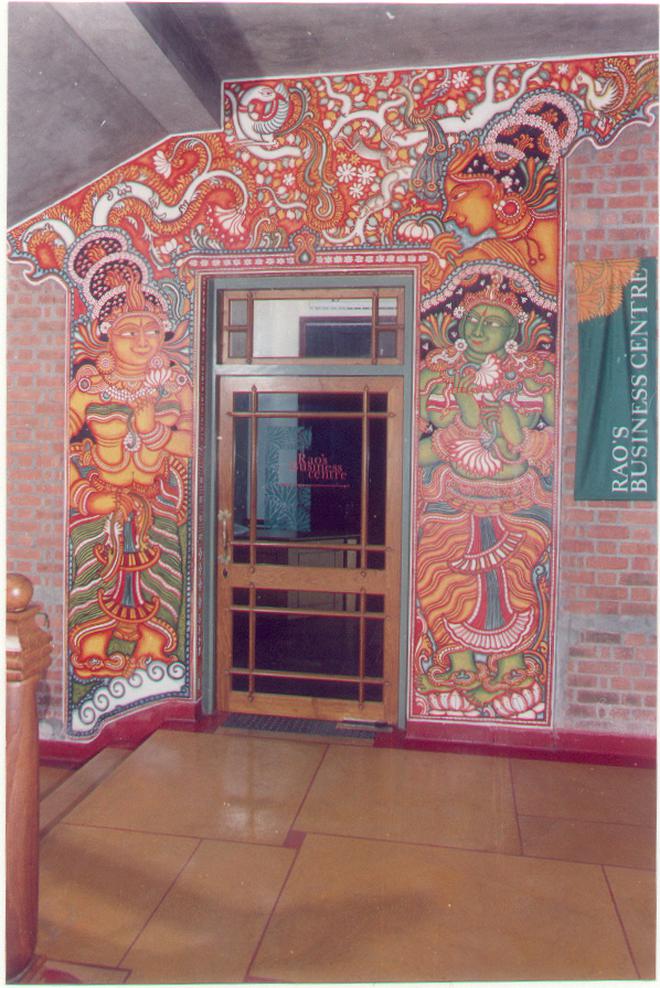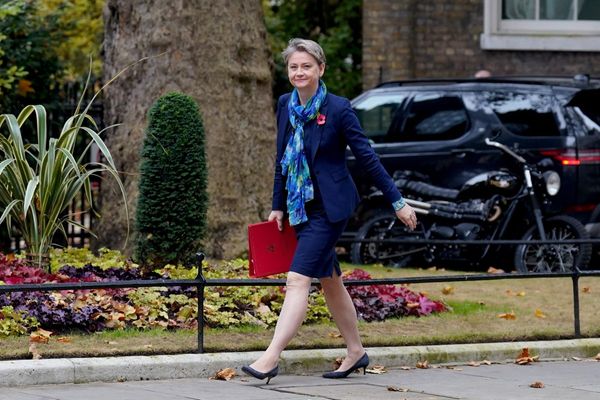How does it feel when a favourite haunt – hotel or cafe – shuts down? Most disclose a deep sense of helplessness. Where can one find that comfort, the familiarity of being served a coffee, a meal, a dosa... just as one likes it?
When Sarovaram on NH Bypass closed down on June 1, 2023, it sent a wave of shock and sadness among many city folks, who had lived by it for the last three decades. “It was a feeling,” lamented an emotional customer who was there for breakfast and evening tea often. For another it was an “oasis” that had disappeared. Yet another grieved on WhatsApp chat by recalling memories. “I had my daughter’s wedding reception there, we also had a farewell for our office colleague,” said Preeti Kaladharan
A glaring board in bold brown letters: Hotel Closed, from June 1, 2023, on the wall of Sarovaram, announced its final closure. The vegetarian “resort ambiance hotel” built in the late 90s was unique from the start. It pioneered concepts such as eco-sensitivity in architecture, regional style with contemporary form, use of Indian crafts in design, rain harvesting water management system, circular economy practices and a vegetarian, organic food cuisine line that the city and even the country were new to in the 90s. An organic food products outlet in the premises was a novelty.
New building concepts

Architect Jaigopal G Rao and wife Latha of the family, who designed and built it (their first project) recall, “My father B Govinda Rao bought the land, in 1991, way before the National Highway came up and offered it to us to begin our first project. We were given a free hand at creativity,” says Jaigopal, adding that they were keen to use the principles of the Laurie Baker style– low cost, energy efficient and sustainable. He adds, “We wanted to integrate it with other inspirational concepts like water management, contemporary form, landscape design and use local craft.
Water management
The “resort ambiance” was thus created on four and a half acre property that had 62 rooms, two restaurants – Badettu (the family name) and the coffee shop, three halls and a natural products shop. Work on the hotel started in 1998. Its brickwork structures with flowing murals on the walls, bamboo groves in the landscape and an artificial lake as part of water management were some of its highlights. The team behind it consisted of KB Jinan (product designer behind the terracotta works), horticulturist M Subramaniam (landscape), Vilas Gore (rain harvesting) and NID product Rajan Iyer (furniture design).
Over its 30 years it built a reputation of serving clean hearty wholesome and authentic North and South Indian vegetarian food for its guests. Its sadya made a name for itself, just as its halls became an address for destination weddings and corporate meetings. Its affable staff grew along, known faces who knew their guests intimately and their favourite dishes.

Things began to change as the family’s next generation took wings, choosing their own professional lives away from the city.
COVID-19 too had its impact in off tracking the business but alongside the vision of the family to allow freedom of creativity to the next generation became prime. “It was decided we part with this property as against Bharat Tourist Home, our flagship product, founded by my father,” says Jaigopal.
The hotel has changed hands. It is now owned by a business house from the UAE. But Sarovaram has had its time in the sun.







